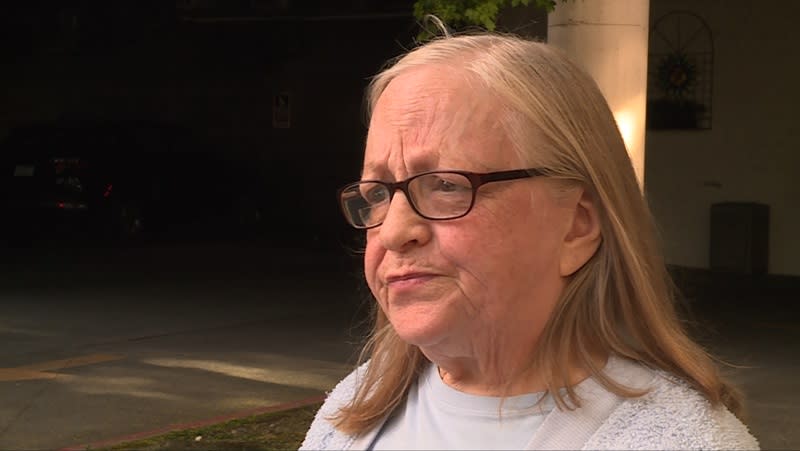A handful of children wearing dress pants and white shirts rose from wooden pews.
They faced the crowd inside Jamison Memorial Temple as their voices rose to the notes of “Battle Hymn of the Republic.”
The Civil War anthem — sung by Union soldiers and Black congregants alike — was penned by abolitionist Julia Ward Howe circa 1861. But on Monday night, it echoed through the church halls in honor of Dr. Martin Luther King Jr.
“Glory! Glory! Hallelujah! His truth is marching on.”
Dozens of Black community members and leaders braved the piercing wind to attend the Southern Christian Leadership Conference of Greater Kansas City’s annual MLK Day celebration.
King was a well-known civil rights leader who advocated for racial equality and labor rights and helped organize the March on Washington for Jobs and Freedom in 1963. There, he delivered his famous “I Have A Dream” speech.
His birthday became a federal holiday in 1986. All 50 states recognized the holiday in 2000, celebrating it on the third Monday of January.
King had been to Kansas City several times, visiting places such as St. Stephen’s Baptist Church and the Municipal Auditorium, Mayor Lucas said in a statement.
At Monday evening’s event, singers, dancers and local politicians all gave presentations honoring King’s legacy. Many acknowledged there’s still much work left to do in the name of racial and economic justice in Kansas City and beyond.
The SCLC gave its Community Service Award to Ossco Bolton III of the New P.O.S.S.E.E., a violence prevention group for youth. It also gave special recognition to Jermaine Reed, a former Kansas City Council member who was elected in March 2011.
“Black history is American history,” Reed said. “We still have injustices in front of us today.”
Before the celebration began, the SCLC held a forum discussing reparations in Kansas City. On the panel were members of Kansas City Mayor Quinton Lucas’s Commission on Reparations and the KC Reparations Coalition, two groups studying what reparations could look like locally.
Reparations refers to the idea of working to repair and compensate for the harm caused by slavery, segregation and disenfranchisement in the United States. A growing number of social justice leaders across the country have called for some form of reparations, ranging from formal apologies from institutions to financial contributions to address economic, health and educational disparities between Black and white Americans.
Panelists discussed how reparations could benefit Black Kansas Citians who have been affected by mass incarceration, income inequality, housing discrimination and other issues.
In March 2021, Evanston, Illinois, became the first city to make reparations available to Black residents. Qualifying Black households can receive $25,000 for home repairs, down payments on property, and interest or late penalties on property in the city.
Kansas City’s commission was formed in May. Members are studying what reparations could look like in Kansas City and plan to present a final report of their findings.
Lucas addressed the crowd after the panelists highlighted issues within Kansas City’s Black community, a lack of proper health care and education among them.
“I think there is broad agreement to some of the points you’ve raised, and certainly the commissioners … about the need for resources, what we can get funding quickly, how we make sure that it is part of the budget,” Lucas said.
Signup bonus from



